Description
About the Book
The notion of global governance is widely studied in academia and increasingly relevant to politics and policy making. Yet many of its fundamental elements remain unclear in both theory and practice. The edition re-examines the evolution of international environmental governance as a dynamic interplay of economic structures, business strategies, and political processes. By providing comparative insights to the responses of major international environmental issues, this edition illuminates the ways political and economic activity shapes and is shaped by global environmental policies. It moves beyond the usual emphasis on state actors and formal regimes, instead focusing on empirical and theoretical contributions that examine the reciprocal relationship between corporate strategy and international environmental governance.
About the Author
Abel B. Keru holds a PhD in Environmental Studies from Macquarie University, Sydney, Australia. His PhD thesis explored organizational learning and sustainability in a Kenya context using critical action research methodology. His research interests are in transformative learning for sustainability, critical action research, capacity development and organizational learning and change. He is particularly interested in critiquing assumptions, values and power relations that constrain social change and sustainability in society. He was the Head of Planning, Monitoring and Evaluation at the National Museums of Kenya. He also worked as a Quality Assurance Officer, Senior Curator and Environmental Education Officer at the same organization. His work at the NMK focused on enforcing quality management systems adherence within the framework of ISO 9001:2008 Standard. He coordinated performance management and contracting within a perspective of public sector reforms. His teaching background in science education, museum education and botanic garden education enabled him to widely implement environmental education programmes to schools and other groups in Kenya. He investigated interpretation and environmental education as reciprocally necessary aspects of enabling transformative learning and sustainability in schools.
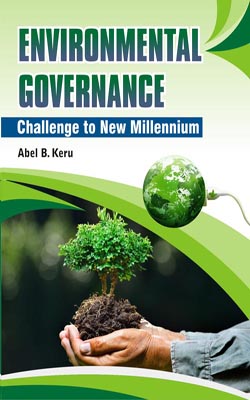

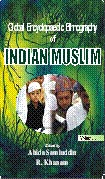





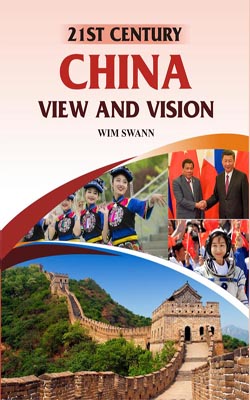
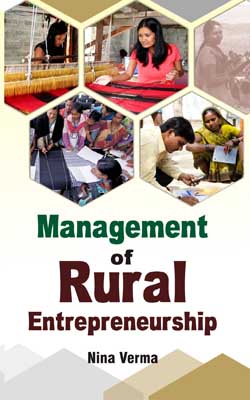
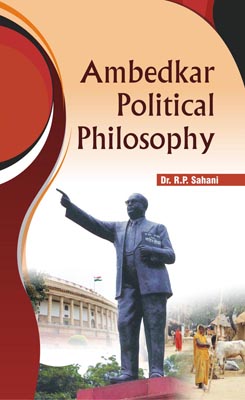
Reviews
There are no reviews yet.